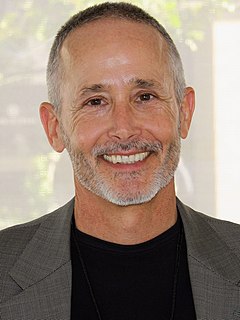A Quote by Rick Atkinson
If I've vividly laid out the narrative, the reader will come to his own conclusions.
Related Quotes
Now, we're used to thinking of communism as being once-upon-a-time-all-things-were-owned-in-common, maybe-someday-this-will-come-again. And people agree that there is a sort of epic narrative going on here. I think we should just throw this narrative out, it's irrelevant anyway, and who cares who owns things? I don't. You know, we all own the White House. So what? I still can't go in, right?
I'm not trying to create a stand-in or avatar with whom the reader can identify, but separate, believable characters with distinct personalities; I'm trying to place the reader more in the role of observer rather than that of participant. I think this approach comes out of my own personal desire and struggle to understand our world, and the complex interactions of people with one another and their environment. My work is an improvised exploration of this complexity, as opposed to a structured, plot-driven narrative.
My question is about the head of the Office of Government Ethics. Is he acting ethically when he sent out nine tweets praising Donald Trump saying that his plan was brilliant. How did he come to that conclusion? And how does come to his current conclusions having never done an investigation and never looked at the paperwork in the point where he can actually come to a reasonable conclusion?I think that's unethical.
It is easier for the reader to judge, by a thousand times, than for the writer to invent. The writer must summon his Idea out of nowhere, and his characters out of nothing, and catch words as they fly, and nail them to the page. The reader has something to go by and somewhere to start from, given to him freely and with great generosity by the writer. And still the reader feels free to find fault.


































